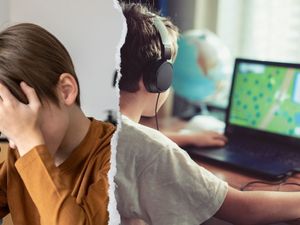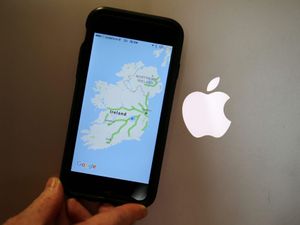Vulnerable children ‘lost in digital space’
At-risk youngsters are growing up without the online safety guidance they need, according a new study.

Vulnerable children face becoming lost in digital space with a lack of personalised internet safety education on offer suited to their needs, a new report has warned.
At best, these youngsters receive the same generic online safety advice as all other children when specialist intervention is required instead, according to the Vulnerable Children in a Digital World study, commissioned by Internet Matters, Youthworks and the University of Kingston.
The report breaks down how online risks could be anticipated for children in different vulnerability groups, based on a survey of 2,988 young people aged between 10 and 16.

“A generation of vulnerable children are growing up without the digital support they need – effectively lost in digital space,” said Adrienne Katz, Youthworks director, who co-authored the paper.
“There is a lack of training and up-to-date advice for those who live and work with vulnerable children.
“Their digital lives seldom receive the same nuanced and sensitive attention that ‘real life’ adversity tends to attract.”
Findings show children in care and young carers are almost twice as likely to suffer cyberbullying than children who are not.
One in four (27%) of children with special educational needs often view sites promoting self-harm compared to 17% of peers, while 25% often view pro-anorexia sites in contrast to 17% of peers.
Elsewhere, those with learning difficulties were a third more likely to spend upwards of five hours per day using the internet than other children, and one third more likely to have their social media account hacked.
“The research reiterates how society’s most vulnerable children need extra support and care in their digital lives – and how a child’s vulnerability might be an indication of the type of online risk they are more likely to experience,” said Carolyn Bunting, chief executive of Internet Matters.
Among the recommendations, parents are urged to work together with their children instead of imposing rigid rules.
It also says banning social media is pointless as children will find workarounds and use other platforms.
“As this research shows, with the rapid pace of technology we must ensure young people and those caring for them have the tools to face the challenges of the online world,” Digital Minister Margot James said.
“And Government will soon be publishing a White Paper setting out clear responsibilities for tech companies to keep us safe online.”





